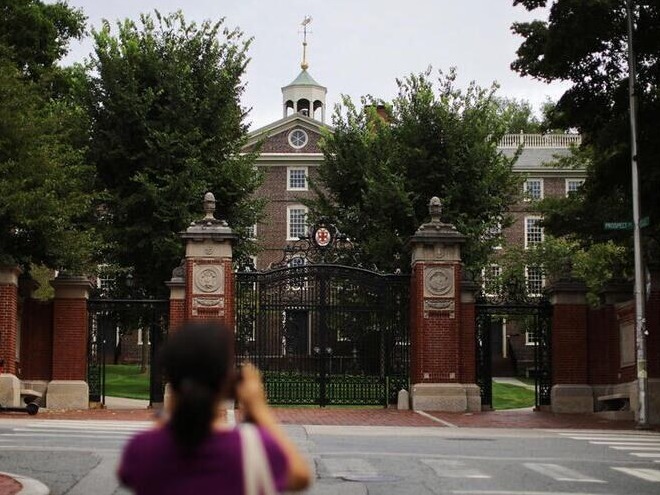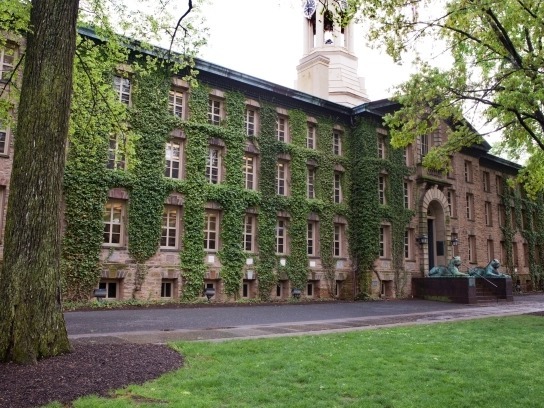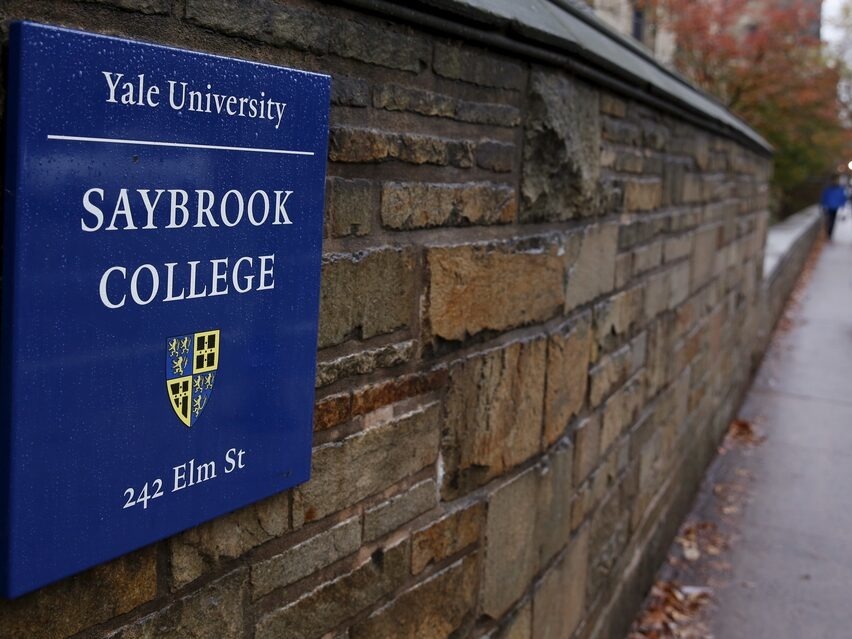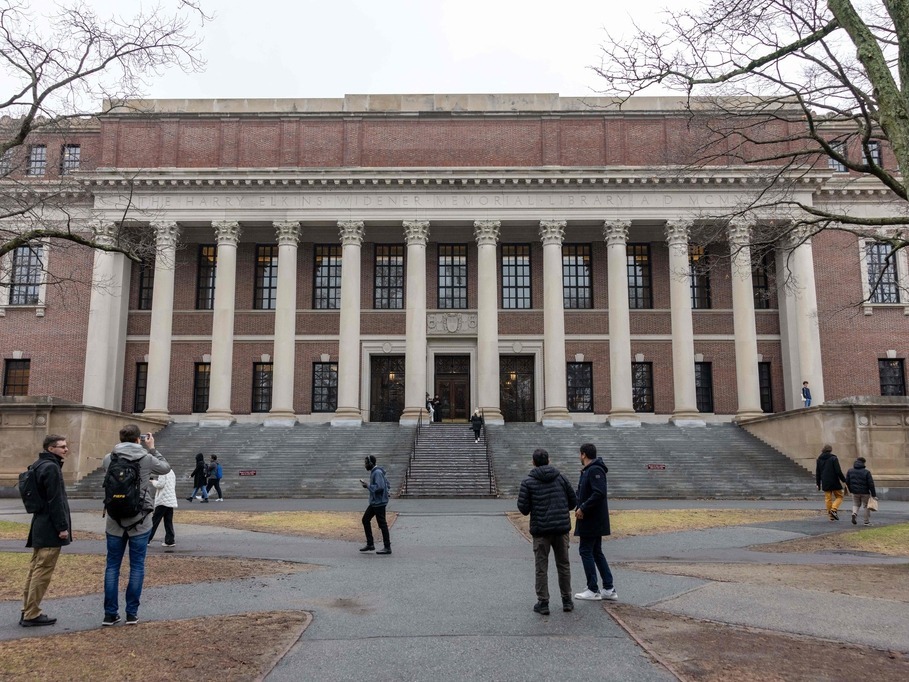A recent U.S. media report, drawing on public data including findings by Fox News, indicates that the eight universities comprising the prestigious Ivy League collectively received a substantial $6.4 billion in federal government funding during the 2024 fiscal year. This significant sum, primarily distributed through grants, is utilized by the institutions for crucial purposes such as research and development, covering facility and administrative costs, and providing essential student financial aid.

However, the report highlights a potential point of friction should President Donald Trump take office again. These universities could face the risk of losing federal funding if they do not discontinue their policies related to Diversity, Equity, and Inclusion (DEI). The media coverage suggests a future Trump administration aims to eliminate federal expenditures tied to DEI initiatives. For example, Fox News has reported a government order suspending nearly $180 million in federal funds for the University of Pennsylvania linked to transgender women athlete inclusion, and a demand for Columbia University to resolve campus antisemitism issues or risk losing $400 million in federal funding, citing potential actions under a future Trump presidency.

Counterbalancing this potential vulnerability to federal cuts is the immense financial power of these institutions. The report notes that these elite universities receive vast amounts in annual donations. Theoretically, the sheer scale of these private contributions could potentially offset a loss of federal funding. To illustrate this point, Yale and Harvard Universities combined reportedly held endowments nearing a staggering $100 billion in the 2024 fiscal year alone.

In response to the prospect of losing federal funds, the University of Pennsylvania has publicly stated that such cuts would severely impact vital research aimed at improvement and saving lives. The university argued that the repercussions of losing this funding would extend beyond the campus, creating long-term negative effects on society and the public.

The situation underscores the complex financial landscape of America’s leading universities, balancing their reliance on significant federal investment to drive key academic functions, their considerable independent wealth from endowments, and the potential for future political priorities to introduce uncertainty regarding this critical funding source.

